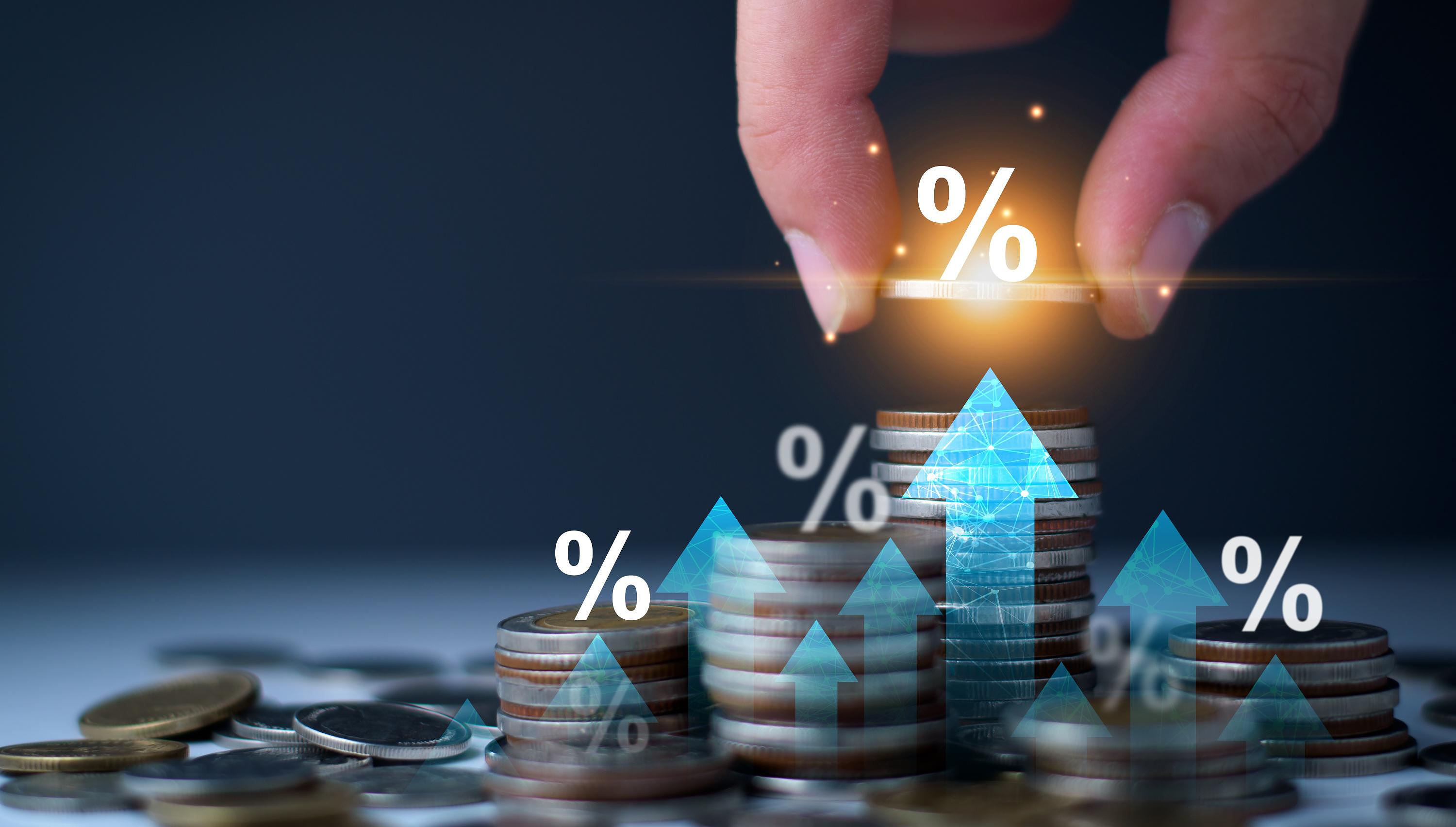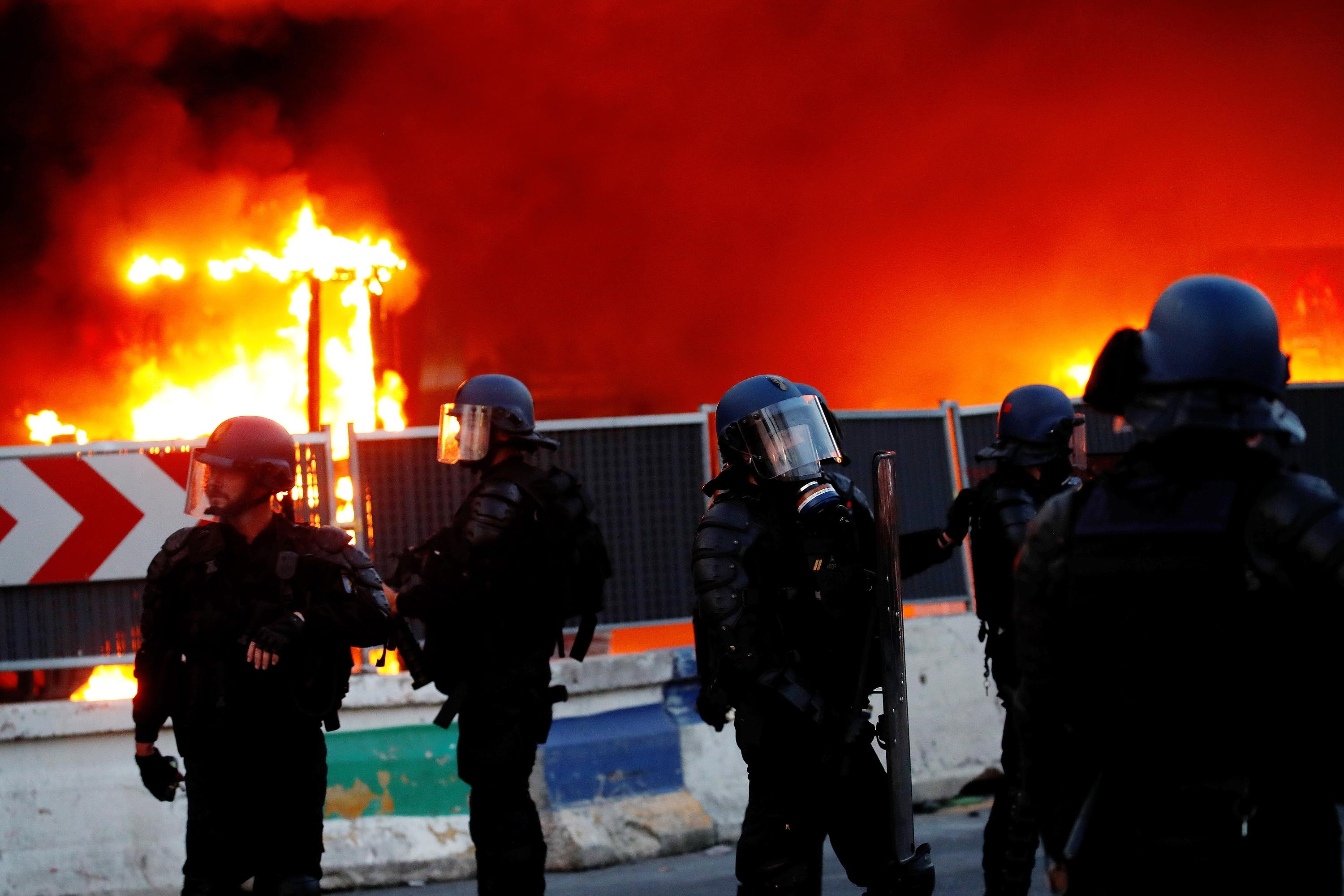After the ups and downs in the start of the campaign, the waters seem to have calmed down in the national headquarters of the Popular Party, in the absence of the last throes of the electoral race towards 23-J. Right at the end of the previous municipal and regional elections, the leader of the PP was at a maximum: 94.7% probability of being president of the Government.
We have been counting it in Expansión for a couple of weeks in 'Las llaves de La Moncloa' and through SEP, the simulator that calculates -with the help of Demoscopia y Servicios and its digital partner Global Counting Systems- the probabilities that Sánchez or Feijóo will rise to power this coming Sunday, all based on the polls that we see published every day.
According to our electoral law, the LOREG, the period to publish polls ended on Monday and what we do is, based on the scenarios that are on the table and the weighted average of said polls, assign a probability and see the trend , its evolution, which is what best allows us to know where things are going and what can finally happen.
Today we already have the closing of the last trackings and we can say that Alberto Núñez Feijóo has an 80% (exactly 80.2%) probability of being Prime Minister, the same as at the beginning of July when the campaign began. In these two weeks the popular leader has seen the distance between him and the socialist leader Pedro Sánchez reduced to 67.7%, 27% less than at the start, to later recover 12.5%, more or less half of that distance.
Through the medium we have seen the series of interviews on different radio and television stations about Sánchez, the setbacks in the negotiations of the PP with Vox in several autonomous communities, especially in Extremadura, and the 'face to face' in Atresmedia a week ago, the two moments in which the trend has changed, as we can see in the graph below.
What can happen in the last two days? On Wednesday the debate takes place on TVE without the presence of the president of the PP and the war drums of La Moncloa are already announcing last-minute surprises in the form of personal attacks with information about the popular leader. We will see what impact they have, considering that we already saw this film a year ago and the damage to the reputation of the popular leader was little or none. But it is true that now it is a question of mobilizing a vote of the left and the closer a decision approaches, the more capable it is of influencing it through basic emotions: fear (to Vox), rejection (to Feijóo) and hope (in the comeback).
What we can affirm in this section and at the end of the campaign is that those actions that reach the key segments of voters (those who are moving from abstention to PSOE or Sumar, from PSOE to Sumar or vice versa, from PSOE to PP or from Vox to PP) and that move their vote, positively or negatively, have their direct transfer to the polls and from these to the degree of probability that one or the other candidate may finally be president.
So are the keys to La Moncloa definitely in the hands of Feijóo and out of the reach of those of Sánchez? Professor Morris Fiorina from Stanford University has studied in the US since 1952 the correlation between said probability and being elected president. And the result is that there is not enough empirical evidence to affirm it. Our electoral system is also different, it is a parliamentary game and not a direct presidential election.
That said, what we do know is that the more hated a president is and the more loved an alternative candidate, the leader of the opposition, is, the more likely it is that the former will lose and the latter will win. But both things have to happen at the same time and at the same level.
If the former occurs, but to a lesser degree than expected, and the latter not sufficiently, the odds of a tight night increase. Although Professor Fiorina added that two key factors that add up to the voters' decision are to demonstrate the ability to make the position develop well and to easily reach agreements.
Ricardo Gómez Díez. Director, expert in Reputation and professor of the Master's Degree in Corporate and Institutional Communication at the Carlos III University of Madrid.

 What is chloropicrin, the chemical agent that Washington accuses Moscow of using in Ukraine?
What is chloropicrin, the chemical agent that Washington accuses Moscow of using in Ukraine? Poland, big winner of European enlargement
Poland, big winner of European enlargement In Israel, step-by-step negotiations for a ceasefire in the Gaza Strip
In Israel, step-by-step negotiations for a ceasefire in the Gaza Strip BBVA ADRs fall almost 2% on Wall Street
BBVA ADRs fall almost 2% on Wall Street Children born thanks to PMA do not have more cancers than others
Children born thanks to PMA do not have more cancers than others Breast cancer: less than one in two French women follow screening recommendations
Breast cancer: less than one in two French women follow screening recommendations “Dazzling” symptoms, 5,000 deaths per year, non-existent vaccine... What is Lassa fever, a case of which has been identified in Île-de-France?
“Dazzling” symptoms, 5,000 deaths per year, non-existent vaccine... What is Lassa fever, a case of which has been identified in Île-de-France? Sánchez cancels his agenda and considers resigning: "I need to stop and reflect"
Sánchez cancels his agenda and considers resigning: "I need to stop and reflect" “Amazon product tester”: the gendarmerie warns of this new kind of scam
“Amazon product tester”: the gendarmerie warns of this new kind of scam “Unjustified allegations”, “promotion of illicit products”… Half of the influencers controlled in 2023 caught by fraud repression
“Unjustified allegations”, “promotion of illicit products”… Half of the influencers controlled in 2023 caught by fraud repression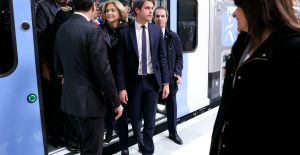 Extension of the RER E: Gabriel Attal welcomes a “popular” ecology project
Extension of the RER E: Gabriel Attal welcomes a “popular” ecology project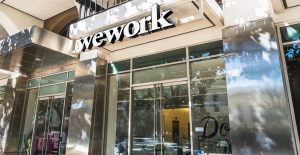 WeWork will close 8 of its 20 shared offices in France
WeWork will close 8 of its 20 shared offices in France “We were robbed of this dignity”: Paul Auster’s wife denounces the betrayal of a family friend
“We were robbed of this dignity”: Paul Auster’s wife denounces the betrayal of a family friend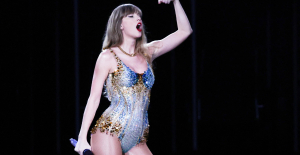 A masterclass for parents to fill in their gaps before Taylor Swift concerts
A masterclass for parents to fill in their gaps before Taylor Swift concerts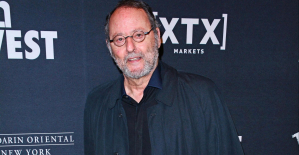 Jean Reno publishes his first novel Emma on May 16
Jean Reno publishes his first novel Emma on May 16 Cannes Film Festival: Meryl Streep awarded an honorary Palme d’Or
Cannes Film Festival: Meryl Streep awarded an honorary Palme d’Or Omoda 7, another Chinese car that could be manufactured in Spain
Omoda 7, another Chinese car that could be manufactured in Spain BYD chooses CA Auto Bank as financial partner in Spain
BYD chooses CA Auto Bank as financial partner in Spain Tesla and Baidu sign key agreement to boost development of autonomous driving
Tesla and Baidu sign key agreement to boost development of autonomous driving Skoda Kodiaq 2024: a 'beast' plug-in hybrid SUV
Skoda Kodiaq 2024: a 'beast' plug-in hybrid SUV The home mortgage firm rises 3.8% in February and the average interest moderates to 3.33%
The home mortgage firm rises 3.8% in February and the average interest moderates to 3.33% This is how housing prices have changed in Spain in the last decade
This is how housing prices have changed in Spain in the last decade The home mortgage firm drops 10% in January and interest soars to 3.46%
The home mortgage firm drops 10% in January and interest soars to 3.46% The jewel of the Rocío de Nagüeles urbanization: a dream villa in Marbella
The jewel of the Rocío de Nagüeles urbanization: a dream villa in Marbella Europeans: a senior official on the National Rally list
Europeans: a senior official on the National Rally list Blockade of Sciences Po: the right denounces a “drift”, the government charges the rebels
Blockade of Sciences Po: the right denounces a “drift”, the government charges the rebels Even on a mission for NATO, the Charles-de-Gaulle remains under French control, Lecornu responds to Mélenchon
Even on a mission for NATO, the Charles-de-Gaulle remains under French control, Lecornu responds to Mélenchon “Deadly Europe”, “economic decline”, immigration… What to remember from Emmanuel Macron’s speech at the Sorbonne
“Deadly Europe”, “economic decline”, immigration… What to remember from Emmanuel Macron’s speech at the Sorbonne These French cities that will boycott the World Cup in Qatar
These French cities that will boycott the World Cup in Qatar Champions Cup: Toulouse with Flament and Kinghorn against Harlequins, Ramos replacing
Champions Cup: Toulouse with Flament and Kinghorn against Harlequins, Ramos replacing Tennis: still injured in the arm, Alcaraz withdraws from the Masters 1000 in Rome
Tennis: still injured in the arm, Alcaraz withdraws from the Masters 1000 in Rome Sailing: “Like a house that threatens to collapse”, Clarisse Crémer exhausted and in tears aboard her damaged boat
Sailing: “Like a house that threatens to collapse”, Clarisse Crémer exhausted and in tears aboard her damaged boat NBA: Patrick Beverley loses his temper and throws balls at Pacers fans
NBA: Patrick Beverley loses his temper and throws balls at Pacers fans





